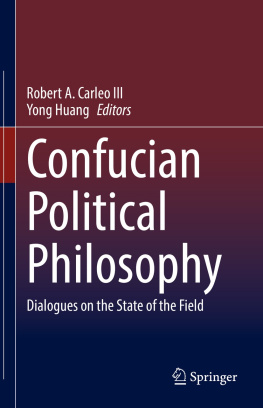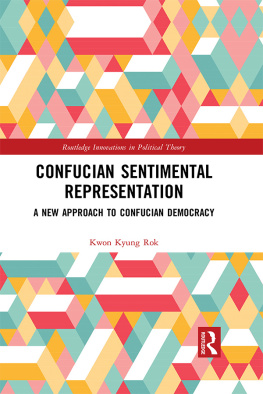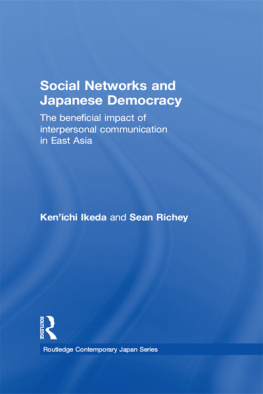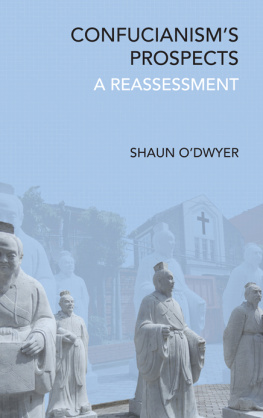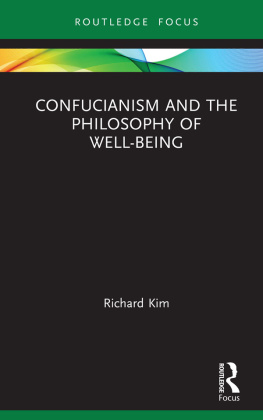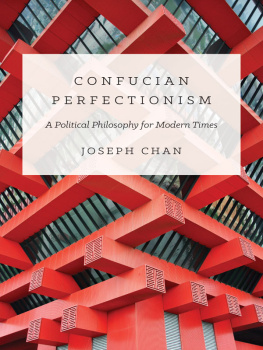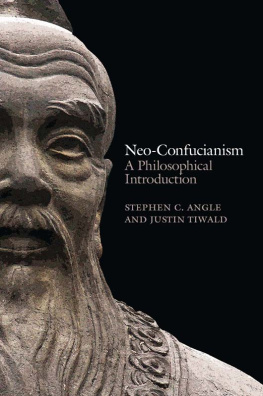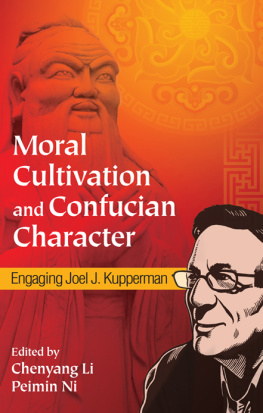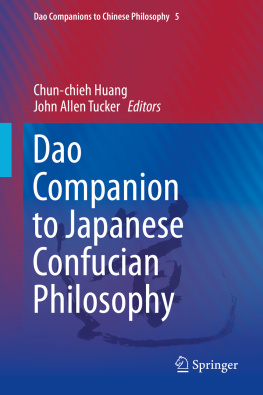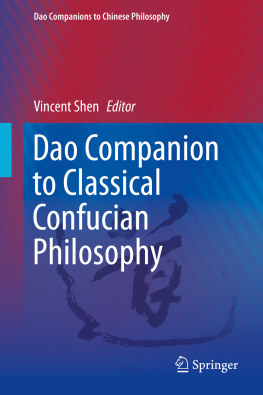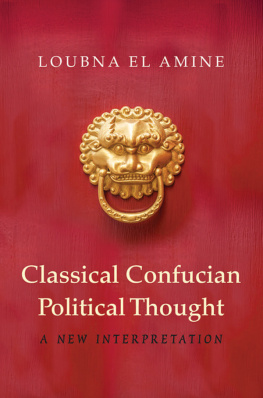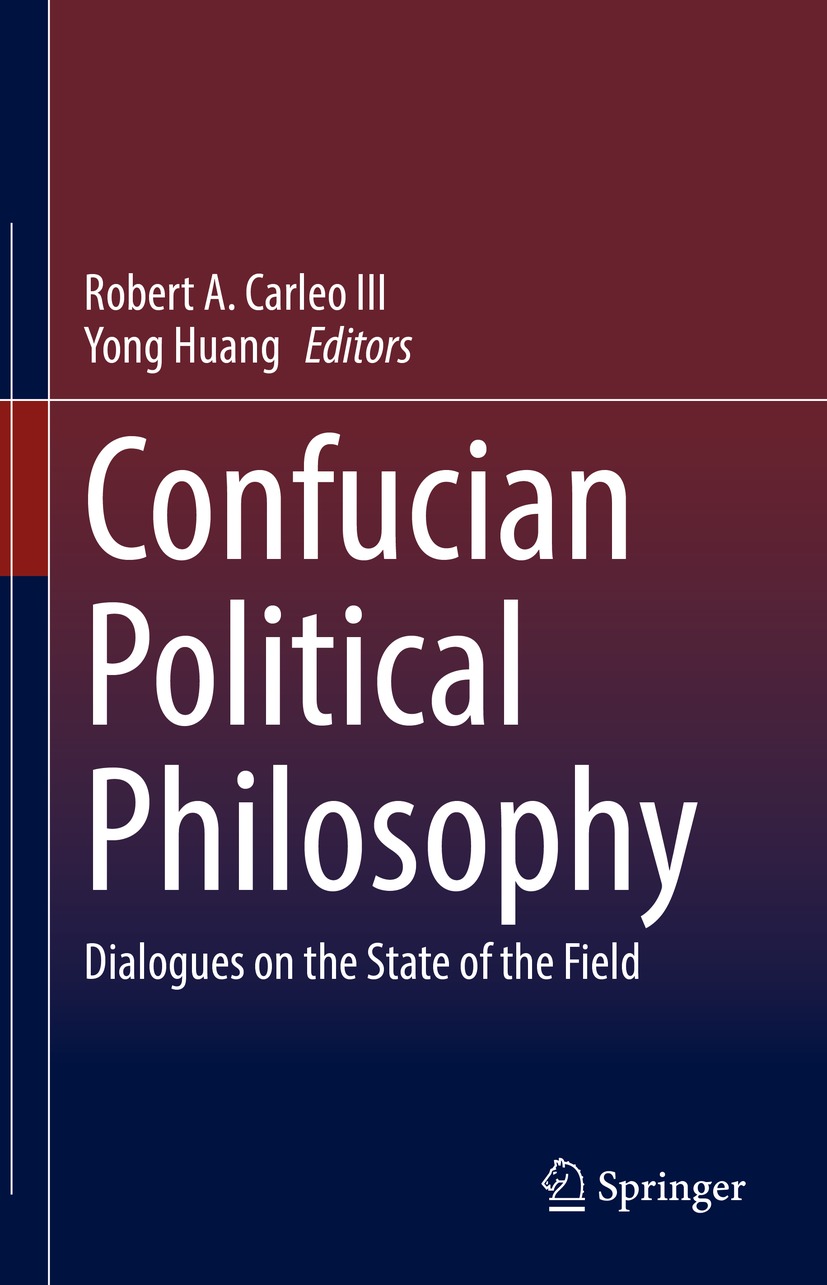Robert A. Carleo III - Confucian Political Philosophy: Dialogues on the State of the Field
Here you can read online Robert A. Carleo III - Confucian Political Philosophy: Dialogues on the State of the Field full text of the book (entire story) in english for free. Download pdf and epub, get meaning, cover and reviews about this ebook. year: 2021, publisher: Springer, genre: Politics. Description of the work, (preface) as well as reviews are available. Best literature library LitArk.com created for fans of good reading and offers a wide selection of genres:
Romance novel
Science fiction
Adventure
Detective
Science
History
Home and family
Prose
Art
Politics
Computer
Non-fiction
Religion
Business
Children
Humor
Choose a favorite category and find really read worthwhile books. Enjoy immersion in the world of imagination, feel the emotions of the characters or learn something new for yourself, make an fascinating discovery.
- Book:Confucian Political Philosophy: Dialogues on the State of the Field
- Author:
- Publisher:Springer
- Genre:
- Year:2021
- Rating:3 / 5
- Favourites:Add to favourites
- Your mark:
Confucian Political Philosophy: Dialogues on the State of the Field: summary, description and annotation
We offer to read an annotation, description, summary or preface (depends on what the author of the book "Confucian Political Philosophy: Dialogues on the State of the Field" wrote himself). If you haven't found the necessary information about the book — write in the comments, we will try to find it.
This book debates the values and ideals of Confucian politicsharmony, virtue, freedom, justice, orderand what these ideals mean for Confucian political philosophy today. The authors deliberate these eminent topics in five debates centering on recent innovative and influential publications in the field. Challenging and building on those works, the dialogues consider the roles of benevolence, family determination, public reason, distributive justice, and social stability in Confucian political philosophy. In response, the authors defend their views and evaluate their critics in turn. Taking up a broad range of crucial issuesautonomy, liberty, democracy, political legitimacy, human welfarethese author-meets-critic debates will appeal to scholars interested in political, comparative, and East Asian philosophy. Their interlaced themes weave a portrait of what is at stake in discussing Confucian values and theory. Most importantly, they engage and develop the state of the field of Confucian political philosophy today.
Robert A. Carleo III: author's other books
Who wrote Confucian Political Philosophy: Dialogues on the State of the Field? Find out the surname, the name of the author of the book and a list of all author's works by series.

